#alaa chouchnieh
Text
CINE EXPRESS: “Capharnaüm”
Helena Garrote Carmena
Año: 2018País: LíbanoDirección: Nadine LabakiGuion: Nadine Labaki – Labaki Jihad HojeilyReparto: Zain Al Rafeea, Yordanos Shiferaw, Boluwatife Treasure Bankole, Kawthar Al Haddad, Fadi Kamel Youssef, Cedra Izam, Alaa Chouchnieh, Nour el Husseini, Elias Khoury.Género: Infancia – Refugiados
Hacer películas con niños sin caer en el sentimentalismo, la gracia fácil o impostar…
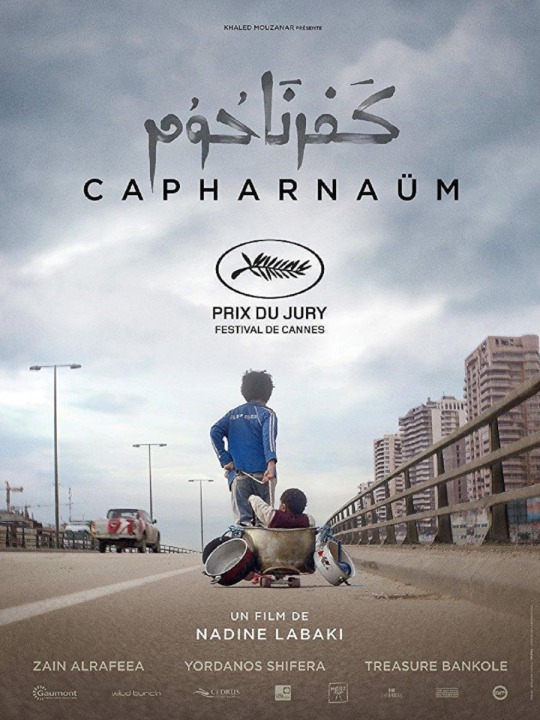
View On WordPress
0 notes
Text
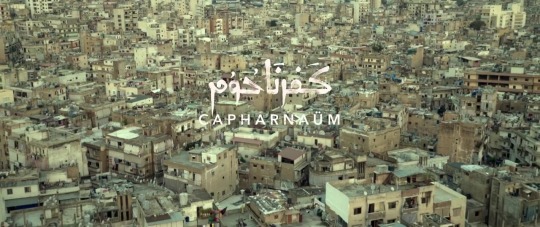
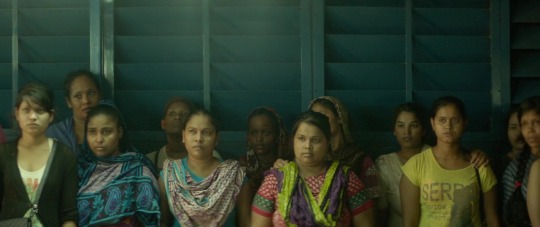
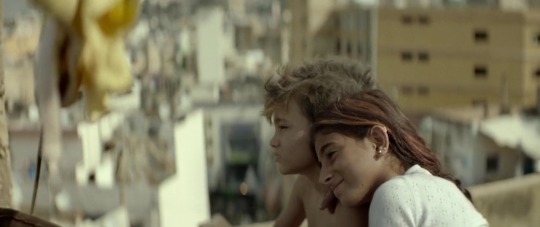
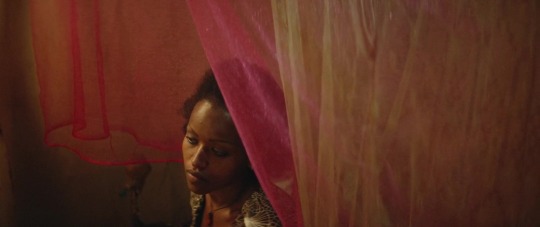
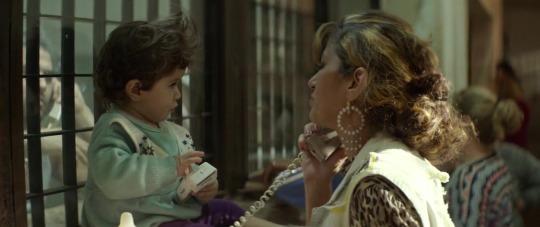
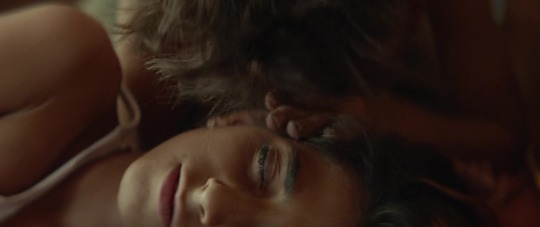
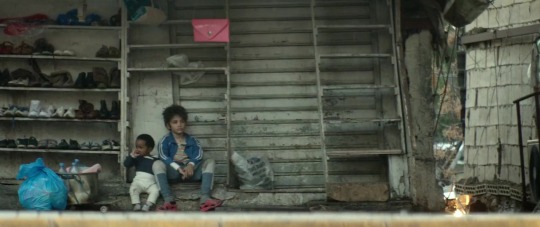
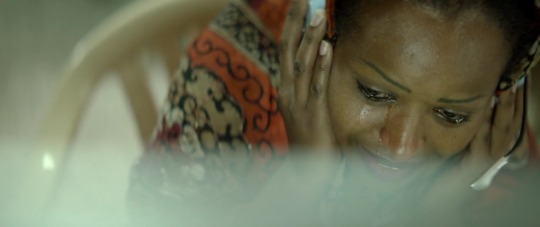
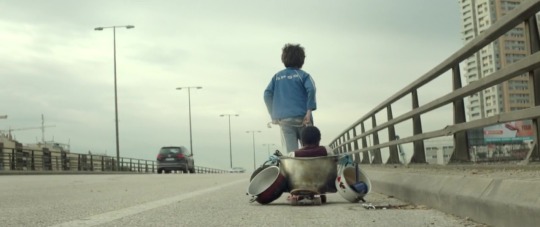
Capharnaüm (2018)
Director - Nadine Labaki, Cinematography - Christopher Aoun
"What am I going to remember? Violence, insults or beatings? The chain, the pipe or the belt? The sweetest word I'm told is garbage, son of a bitch"
#scenesandscreens#capernaum#capharnaüm#christopher aoun#zain al rafeea#yordanos shiferaw#boluwatife bankole#kawthar al haddad#fadi kamel youssef#nour el husseini#alaa chouchnieh#cedra izam#nadine labaki#joseph jimbazian#farah hasno
206 notes
·
View notes
Photo
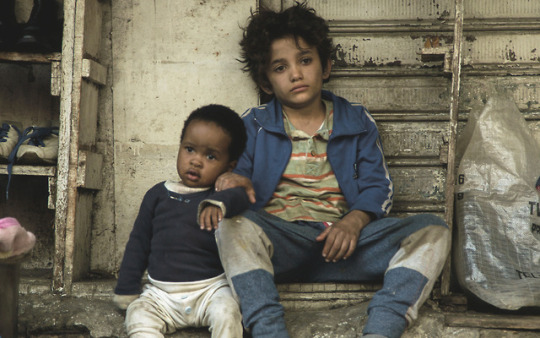
#542 #Capharnaüm
#Capharnaüm#Oscar#Nadine Labaki#Jihad Hojeily#Michelle Keserwany#Zain Al Rafeea#Yordanos Shiferaw#Boluwatife Treasure Bankole#Kawsar Al Haddad#Fadi Yousef#Haita 'Cedra' Izzam#Alaa Chouchnieh#Nour El Husseini
5 notes
·
View notes
Text
Cafarnao
Presentato al settantunesimo Festival di Cannes, dove ha vinto il Premio della Giuria e quello della Giuria Ecumenica, Cafarnao colpisce forte e senza pietà ma è in grado di regalare anche momenti di speranza, compassione e commozione. Accecante l’interpretazione del giovane Zain Al Rafeea. (more…)
View On WordPress
#Alaa Chouchnieh#Boluwatife Bankole#Cedra Izam#Fadi Kamel Youssef#Farah Hasno#Joseph Jimbazian#Kawthar Al Haddad#Nadine Labaki#Nour el Husseini#Yordanos Shiferaw#Zain Al Rafeea
0 notes
Text
Thoughts : Capharnaüm (2018)
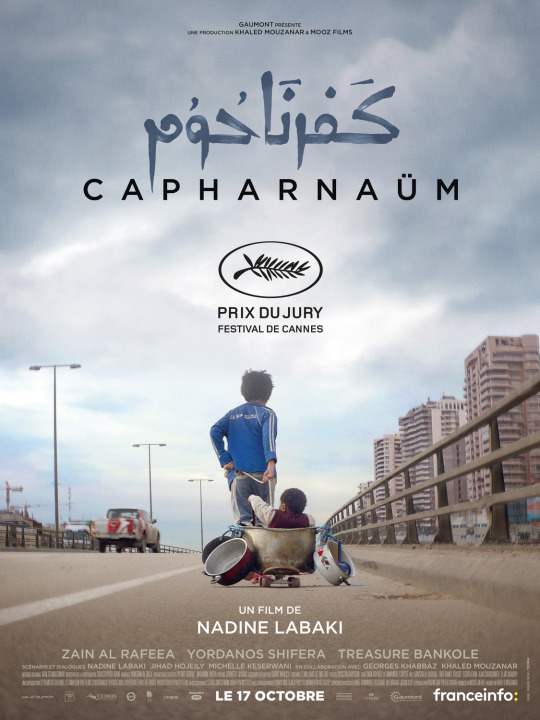
My good friend Robin, aside from being one of the kindest, most stylish and adventurous people I know, has the proud accomplishment of creating and curating the Marfa Film Festival for many years. Based solely on these qualifications, any time that she has a recommendation for music or film, I pay attention and do what I can to follow through. Recently, during a catch-up session between us, Robin came through with a recommendation for Capharnaüm, and based on her track record, I put it high on my list. After a bit of cursory research, I made it a point to check out the film sooner than later, and I must say that I am very happy to have this film on my current radar.
youtube
With poverty and the impact it has on the youth being the foundational element of this story, so much so to the point that Zain feels the need to seek litigation against his parents, it’s difficult to not examine the film through the lens of nature versus nurture. When nature is taken into account, the first thing that must be examined is the setting of Beirut, the capital of Lebanon. Despite being an incredibly wealthy nation in terms of bank presence, corporate presence and its Beta + World City ranking by the Globalization and World Cities Research Network, there is a vast wealth gap (partly due to the Lebanese Civil War) that ravaged the community, the cultural landscape and a large cross section of its occupants. Zain not only is caught in the choice between attempting to attend school and being forced to work for his parents’ landlord, but he has no support from his parents when school is brought up. The youth are shown in the opening of the film running through the street with makeshift toys fashioned in the image of heavy military artillery, which not only robs them of their innocence, but creates a sort of mental and cultural pipeline that sends these young men into government service via the military, which further propagates the issues responsible for the situation they are in. In the few rare instances that Zain does manage to escape the limits of his neighborhood and his parents, you can briefly see his innocence return, though it is quickly overtaken by the immense weight of the sorrow that the contrast between the solace of escape and his stark reality creates.
As important as nature is in the Capharnaüm situation, nurture plays possibly an even bigger part in Zain’s life, hence his ultimate choice to sue his parents for even being born. Selim (Zain’s father) admits in court that he hates his family and the life it has created for him, yet Zain is one of at least 5 kids in the El Hajj family. All of the children share a bed, share a room with their parents (and it is implied they often are forced to hear them taking part in adult acts), and the home the family lives in is constantly in a state of filth and disrepair. The neglect for childcare is so prevalent that the youngest child in the family is literally chained and tethered to a wall, like a disobedient or behavioral inept pet. When Sahar finds herself in the throes of puberty and the onset of womanhood, it is Zain rather than Souad who not only educates her on how to take of her body, but protects her in an attempt to keep her parents from exploiting her womanhood (which eventually happens despite Zain’s best efforts). Though his work ethic is forced upon him, it ultimately becomes the key motivator in his plan to escape his bleak situation, while also providing him with a deep sense of humanity based on the lack of it shown to him.
Much like City of God, there are some breathtaking insert shots of the city (Beirut, as mentioned before) that bring out its cinematic beauty despite the clear and present poverty that impacts Zain and his community. The lived-in and rundown nature of the locations that the actors occupy not only makes it easy to buy their extreme living situation, but it also is clearly helping to add dramatic depth to their performances by working off of the visceral immersion that comes with attempting to live and work in these spaces. There is a brilliant presentational and tonal balance between the courtroom scenes and the flashbacks to the preceding events that manages to keep all of Zain’s experiences connected and coherent in spite of the wild premise that a juvenile delinquent from lack of privilege could find the means to sue his own parents. The cinematography works much in the same vein of The Florida Project by bringing quite a bit of the perspective down to Zain’s level whenever he is the primary focus of a scene, staying around 4 or so feet off of the ground, often peering around corners and from a curious distance and almost never still, even during stationary observation.
Zain Al Rafeea does an outstanding job shouldering the burden of leading such a heavy and compelling film, managing to display a wisdom and experience that only comes with age on his young face while convincingly coming off as not only the man of his household, but possibly the most level-headed and autonomous member. Cedra Izam plays off of Al Rafeea’s worldly performance by harnessing the impending fear of womanhood marking the end of her innocence, not to mention the possibility of being pushed into the deep in abruptly via being married off or pawned off to the highest bidder. Kawthar Al Haddad brings the fiercer side of the uncaring parent portrayal to the table, consistently belittling and demeaning Zain because his valid frustrations come in the form of youthful urgency and ignorance. By contrast, Fadi Kamel Youssef invokes a more damaged and burdened sense of neglect as the man of a household full of stress, strife and turmoil, to the point that his shear existence stands as a personal affront and mockery. Nour el Husseini hones in on the energy of those who take advantage of the disenfranchised as he exploits the El Hajj family at every opportunity possible, be it the labor he gets from Zain, the fear he instills in Souad and Selim due to their housing situation, and in the grossest example, his vulture-like presence over Sahar as he lies in wait to make her his possession. Key performances by Boluwatife Treasure Bankole, Alaa Chouchnieh, Joseph Jimbazian, Farah Hasno and director Nadine Labaki (as Zain’s attorney) round out the cast.
I will not be surprised if Capharnaüm finds itself reimagined and reskinned by the Hollywood machine before the end of the decade, as it is not only the kind of compelling story that can flip a viewer’s worldview, but the litigation element may work better stateside than it does in a Lebanese context (this, however, is coming from an outsider’s perspective). Regardless of what the future may hold for the property, immediate respect must be given to Nadine Labaki for her powerful efforts as a director, not to mention a performance for the ages by Zain Al Rafeea. Every bit of praise that has been heaped on this film is well-deserved, and hopefully it can find a wider audience as time passes by.
#ChiefDoomsday#DOOMonFILM#NadineLabaki#Capharnaüm#ZainAlRafeea#YordanosShiferaw#BoluwatifeTreasureBankole#KawtharAlHaddad#FadiKamelYoussef#NourelHusseini#AlaaChouchnieh#CedraIzam#JosephJimbazian#FarahHasno
0 notes
Text
Crítica – ‘Cafarnaúm’
Póster de ‘Cafarnaúm’
Título original: Capharnaüm
Año: 2018
Duración: 120 min.
País: Líbano
Dirección: Nadine Labaki
Guión: Nadine Labaki (Historia: Labaki Jihad Hojeily)
Música: Khaled Mouzanar
Fotografía: Christopher Aoun
Reparto: Zain Al Rafeea, Yordanos Shiferaw, Boluwatife Treasure Bankole,Kawthar Al Haddad, Fadi Kamel Youssef, Cedra Izam, Alaa Chouchnieh,Nour el Husseini, Elias Khoury, Nadine Labaki
Productora: Coproducción Líbano-Estados Unidos-Francia; Les Films des Tournelles
Género: Drama
Cafarnaúm es la historia de Zain (Zain Al Rafeea), un chico libanés de 12 años que decide denunciar a sus padres. ¿Por qué? Aunque en el argumento se explica, recomendamos no saber mucho más de la película y entrar más en ella. Ésta premisa abre distintos debates sobre la pobreza que se vive en Líbano, los niños y niñas de la miseria que maduran a golpe de necesidad, la dejadez del Gobierno en ayudar a éstas familias y sobre los padres y madres que tienen hijos sin poder permitírselo.
Cafarnaúm es una de las nominadas a Mejor Película Extranjera en los Premios Óscar 2019 – sí, ésa categoría en la que Mejor Película tiene mucho que envidiar – y, además, alza a su directora, Nadine Labaki, en el rango de ser “la primera…” en algo. En éste caso, Labaki es la primera mujer libanesa (ni más ni menos) en estar nominada en los conocidos premios de Hollywood.
No es para menos: Labaki construye toda una narrativa asfixiante. Una narrativa que muestra que ser pobre, niño/a y vivir en Líbano es una muerte prematura en vida. Labaki no escatima en mostrar continuamente la desdicha del protagonista. Ésto le ha valido numerosas críticas, ya que ese tipo de vida se muestra con crudeza. Parece ser que, o te ponen a niños y niñas bailando en los créditos como en Slumdog Millionaire (Danny Boyle, 2008), o te enfadas porque es demasiado duro. Bueno, quizás en ambos casos las vidas de muchas personas son así, molesta mucho verlo y es fácil vivir en la ignorancia. Pese a todo, bien es cierto que el guión contempla un pequeño rayo de luz entre tantas desgracias, por lo que dicho efecto se puede trasladar aquí.
Fotograma de ‘Cafarnaúm’
Sea como fuere, Cafarnaúm rezuma verdad por todos los poros. La dirección de Labaki se muestra segura y aprovecha la cámara en mano para crear ese ambiente tosco. En el guión, también trata lo que es ser niña gracias al personaje de la hermana de Zain, brillantemente interpretada por Cedra Izam.
Como pasara en la ya nombrada Slumdog Millionaire, los protagonistas destacan sobre cualquier aspecto. En éste caso, reconocemos que Zain Al Rafeea supera con creces cualquier actuación infantil/adolescente que hayamos visto en mucho tiempo. Pero no sólo él: el bebé que le acompaña (en realidad es una niña llamada Boluwatife Treasure Bankol) consigue una dinámica brutal entre ambos. Hablamos de que en dos horas y cuarto son capaces de llevar una película ellos solos. Las circunstancias, la ira de Zain, los llantos, la complicidad… Es digno de ver lo bien que están ambos.
También van bien cubiertos con la magnífica actuación de Yordanos Shiferaw, una etíope que fue descubierta por casualidad igual que sus compañeros. Él, un refugiado sirio que gracias a la película fue trasladado a Noruega con su familia; ella, una refugiada etíope que fue arrestada durante el rodaje; y una bebé cuyas últimas noticias son que, finalmente, fue devuelta junto a su madre a Etiopía.
Fotograma de ‘Cafarnaúm’
¿Quiénes mejor que ellos pueden contar una historia así?
Esperamos de corazón que historias así visibilicen y ayuden al menos a aquellos que han formado parte de la película a tener una vida mejor. No queremos que hagan como en Slumdog… y abandonen a los niños y niñas a su suerte tras pasearlos por galas.
Lo mejor: Lo bien que se desenvuelven en la cámara los dos pequeños protagonistas, quienes nunca habían actuado previamente. El ambiente sobrecargado te adentra por completo a ese “mundo”.
Lo peor: Que niños y niñas tengan que vivir situaciones así.
Nota: 8,5/10
La entrada Crítica – ‘Cafarnaúm’ aparece primero en 35 Milímetros.
from WordPress https://35milimetros.es/critica-cafarnaum/
0 notes